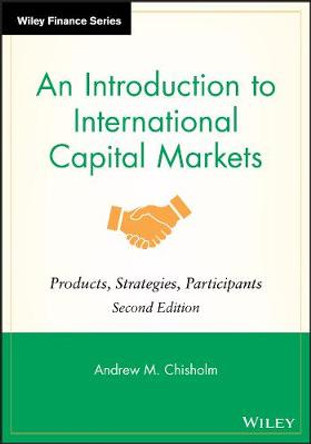Description
In this book, leading scholars consider crucial aspects of Harlem's social, political, and intellectual history; its artistic, cultural, and economic life; and its representation across an array of media and genres. Together they reveal a community at once local and transnational, coalescing and conflicted; one that articulated new visions of a cosmopolitan black modernity while clashing over distinctions of ethnicity, gender, class, and sexuality. Topics explored include Harlem as a literary phenomenon; recent critiques of Harlem exceptionalism; gambling and black business history; the neighborhood's transnational character; its importance in the black freedom struggle; black queer spaces; and public policy and neighborhood change in historical context. Spanning a century, from the emergence of the Harlem Renaissance to present-day controversies over gentrification, Race Capital? models new Harlem scholarship that interrogates exceptionalism while taking seriously the importance of place and locality, offering vistas onto new directions for African American and diasporic studies.
About the Author
Andrew M. Fearnley is lecturer in twentieth-century American history at the University of Manchester.
Daniel Matlin is senior lecturer in the history of the United States of America since 1865 at King's College London.
Reviews
Harlem: race capital, center of black culture, seat of black militancy-or dreamscape? These rigorous, innovative, and bold essays by contemporary scholars confront the myriad ways Harlem signifies and offer fresh, new ways of understanding the aesthetic, cultural, and historical meanings of that iconic place. -- Mary Helen Washington, author of The Other Blacklist: The African American Literary and Cultural Left of the 1950s
A marvelous collection of scholars from across disciplines offer an unparalleled understanding of the importance-real, symbolic, or imagined-of Harlem to African American and black diasporic cultures. -- George Hutchinson, author of Facing the Abyss: American Literature and Culture in the 1940s
With forceful essays and sharp framing, this volume offers an indispensable treatment of a single, iconic American neighborhood, providing, with it, a window to the world. Race Capital? reminds us why and how Harlem is a feeling, a place, and a force of history. It captures, too, why we still need reminding at all. -- N. D. B. Connolly, author of A World More Concrete: Real Estate and the Remaking of Jim Crow South Florida
These fascinating essays will change the way you think about modern Harlem. From numbers-runners to communists, poets to street-corner orators, Harlemites have been making and remaking urban culture since the Great Migration. Provocative, luminous, and eye-opening, this collection exemplifies the very best of recent scholarship about the Mecca of black America. -- Martha Biondi, author of To Stand and Fight: The Struggle for Civil Rights in Postwar New York City
In this important and timely book, the wide-ranging and layered interrogation of the so-called "race capital" trope reveals a Harlem with much of its warts, contradictions, subtleties, and splendor. The chapters prod and provoke, unearthing new ways, across space and time, of thinking about a place that we thought we knew. -- Shannon King, author of Whose Harlem Is This, Anyway? Community Politics and Grassroots Activism During the New Negro Era
A bold multidisciplinary work and deserves scholarly attention. * Journal of American History *
Highly recommended. * Choice *
This wonderful collection . . . assembles a treasure trove of essays that cut across disciplinary and chronological divides. . . . Wide-ranging [and] thought-provoking. * Journal of American Studies *
Race Capital? issues forth intriguing thoughts on the continued debate over Harlem's exceptionalism. . . .The collection's variegated source material, from the visual to the literary, lends credence to the ways in which Harlem can still be deeply investigated. * Journal of African American History *
Book Information
ISBN 9780231183239
Author Andrew M. Fearnley
Format Paperback
Page Count 312
Imprint Columbia University Press
Publisher Columbia University Press






